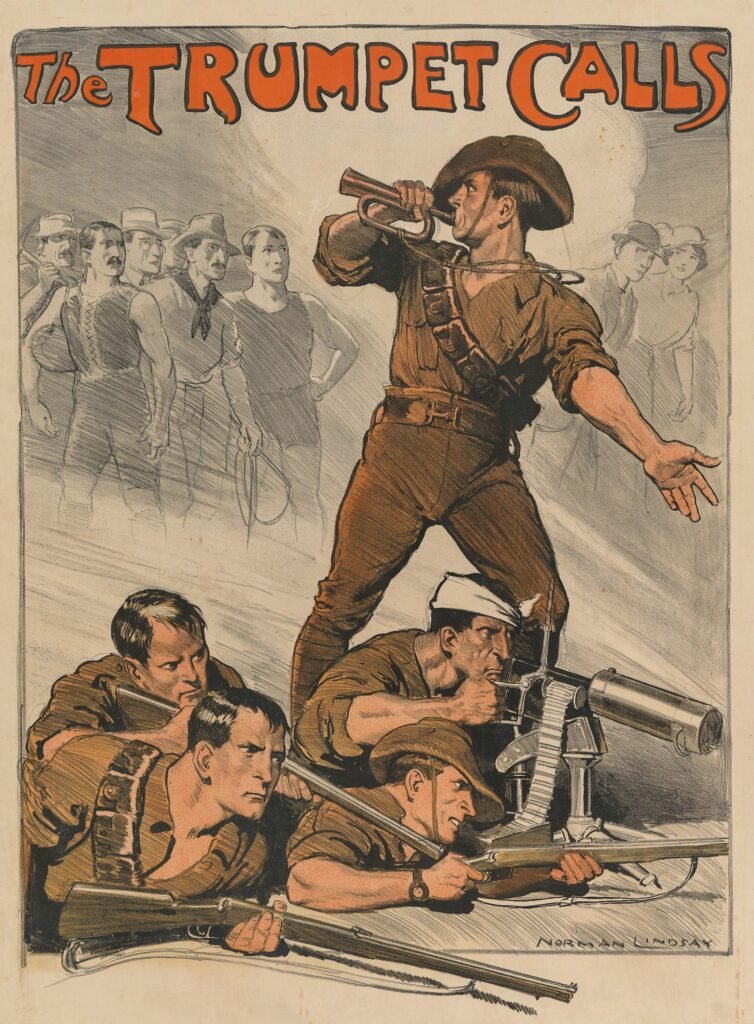The origins of World War I, also known as the Great War, can be traced back to a complex web of political tensions, military alliances, and nationalist aspirations that characterised early 20th-century Europe. Here is a brief history summary of how WWI began:
- The assassination of Archduke Franz Ferdinand: On June 28, 1914, Archduke Franz Ferdinand, heir to the Austro-Hungarian Empire, was assassinated in Sarajevo by a Bosnian Serb nationalist, Gavrilo Princip. This event served as a catalyst for the outbreak of war.
- Austro-Hungarian Ultimatum to Serbia: In response to the assassination, Austria-Hungary issued an ultimatum to Serbia, blaming the Serbian government for the attack and demanding severe concessions. When Serbia partially accepted the ultimatum, Austria-Hungary declared war on July 28, 1914.
- Alliance System: The alliance system in Europe played a significant role in escalating the conflict. Following Austria-Hungary’s declaration of war on Serbia, a chain reaction of mobilisations and declarations of war ensued among the interconnected alliances: the Triple Alliance (Germany, Austria-Hungary, Italy) and the Triple Entente (France, Russia, United Kingdom).
- German Invasion of Belgium: Germany’s violation of Belgian neutrality on August 4, 1914, prompted Britain to declare war on Germany. This marked the formal entry of major European powers into the conflict, leading to a widespread and brutal conflict across the continent.
- War Fronts: The war quickly expanded beyond European borders, with battles fought on multiple fronts, including the Western Front in France and Belgium, the Eastern Front between Russia and Germany/Austria-Hungary, and other theatres in the Balkans, Africa, and the Middle East.
- Global Conflict: As the war progressed, it drew in nations from around the world due to colonial ties and diplomatic commitments. The involvement of countries such as Japan, the Ottoman Empire, and the United States transformed the conflict into a truly global war.
- Duration and Impact: World War I lasted from 1914 to 1918 and resulted in unprecedented casualties, economic devastation, and social upheaval. The Treaty of Versailles, signed in 1919, officially ended the war but laid the groundwork for unresolved issues that would contribute to the outbreak of World War II.
The intricate interplay of political, military, and diplomatic factors culminated in the onset of World War I, reshaping the geopolitical landscape of the 20th century and leaving a lasting impact on the world.
